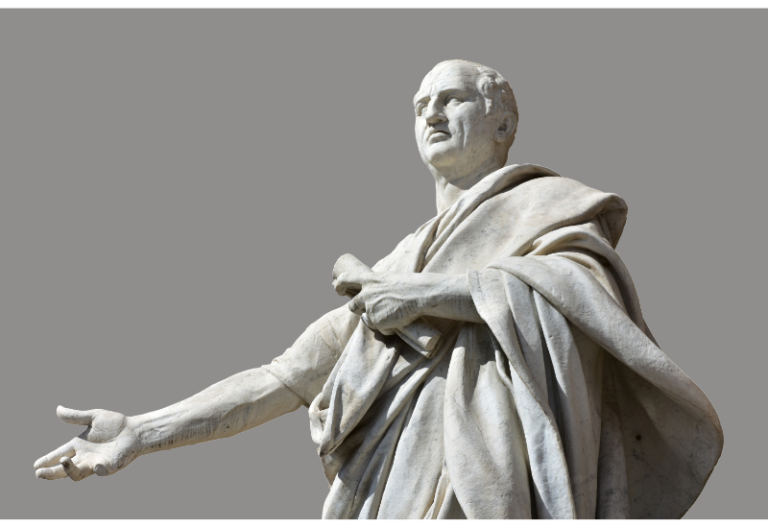Descartes on probability
Who hasn't experienced it? You assume that a situation will happen in one way or another, only to be surprised at the end to realize that it happened in a completely different way.
Anything that is merely probable is probably wrong.
Renes Descartes
Although our world is inhabited by a seemingly endless number of events, each event is very individual. Your birth is, ideally, the result of the love of two unique people, your primary school class is made up of other children whose births are unique and the rest of your life will never be experienced by another person in exactly the same way.
All in all, it is already very unlikely to come into the world anyway. In general, existence as such is already very improbable. However, at the exact moment that something comes into existence, we can no longer speak of probability. This is because something that has happened is no longer just theoretical potential, but reality. Of course, the chances were unfavorable that it would happen, but as soon as it happened, it is no longer a probability.
Consequently, the consideration of probability loses its significance as soon as an event actually occurs. This in turn also means that one should not attribute so much importance to the event as long as it has not occurred, which is the core of Descartes' statement. The moment something actually exists, the mere possibility or probability ceases to prevail over it. It emphasizes the idea that what exists or happens is no longer just a probability or hypothetical potential, but becomes a reality.
This quote also points out that the mere existence of probability does not automatically indicate truth. It expresses that things that are only considered probable also contain the possibility of error or untruth. It might encourage not to assume everything based on probabilities, but to look for further evidence or deeper analysis to grasp a more comprehensive truth.
Descartes' quote suggests that the mere existence of a probability does not necessarily mean that something is true or correct. Especially in this day and age where we mathematically calculate all possible events to see how likely an event is to occur, it draws attention to the fact that something that is considered probable still leaves room for error or falsehood. It is a kind of warning against blindly relying on probabilities, as they only offer one possible perspective on reality. This is because it is usually only possible to say how probable it was in retrospect, i.e. when it has happened.
The statement encourages us not to accept unconditionally as true everything that seems probable. Instead, one should be aware that even supposedly probable things may contain errors or inaccuracies. It encourages digging deeper, looking for additional evidence or conducting a more comprehensive analysis to grasp a greater truth that goes beyond mere probability. It's about not jumping to conclusions too quickly, but seeking a broader perspective to better understand the complexity of reality.







